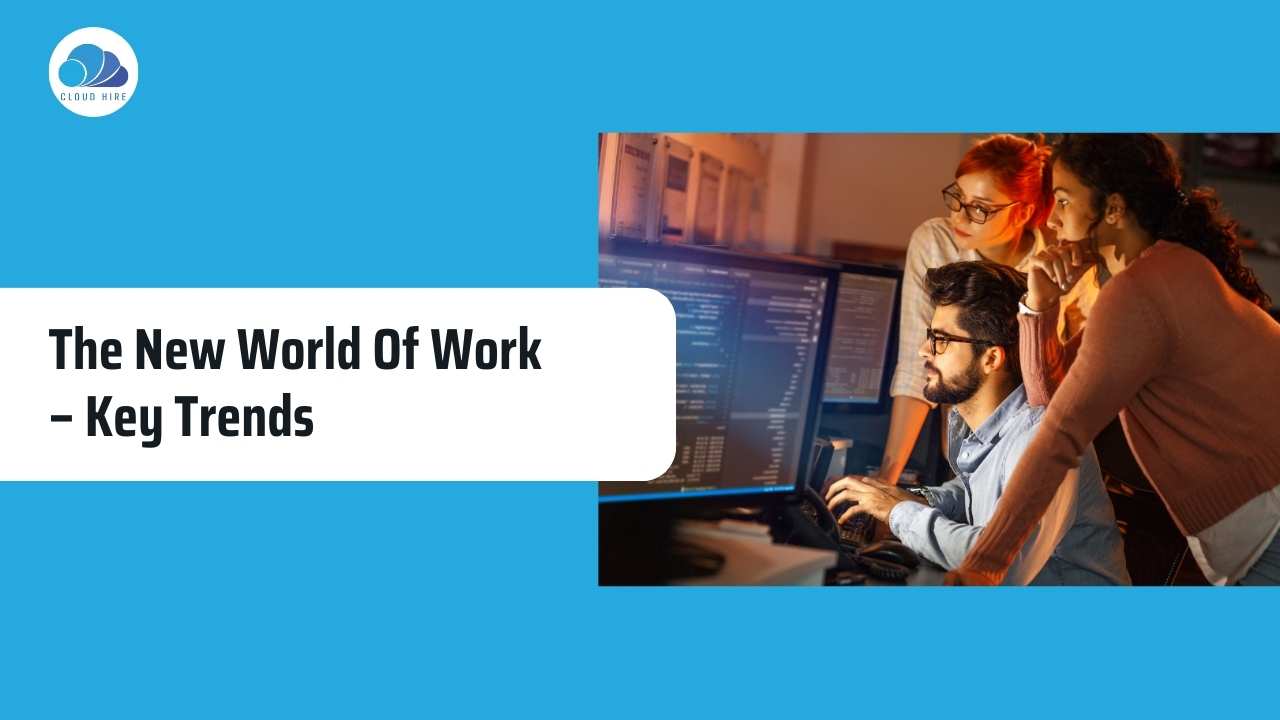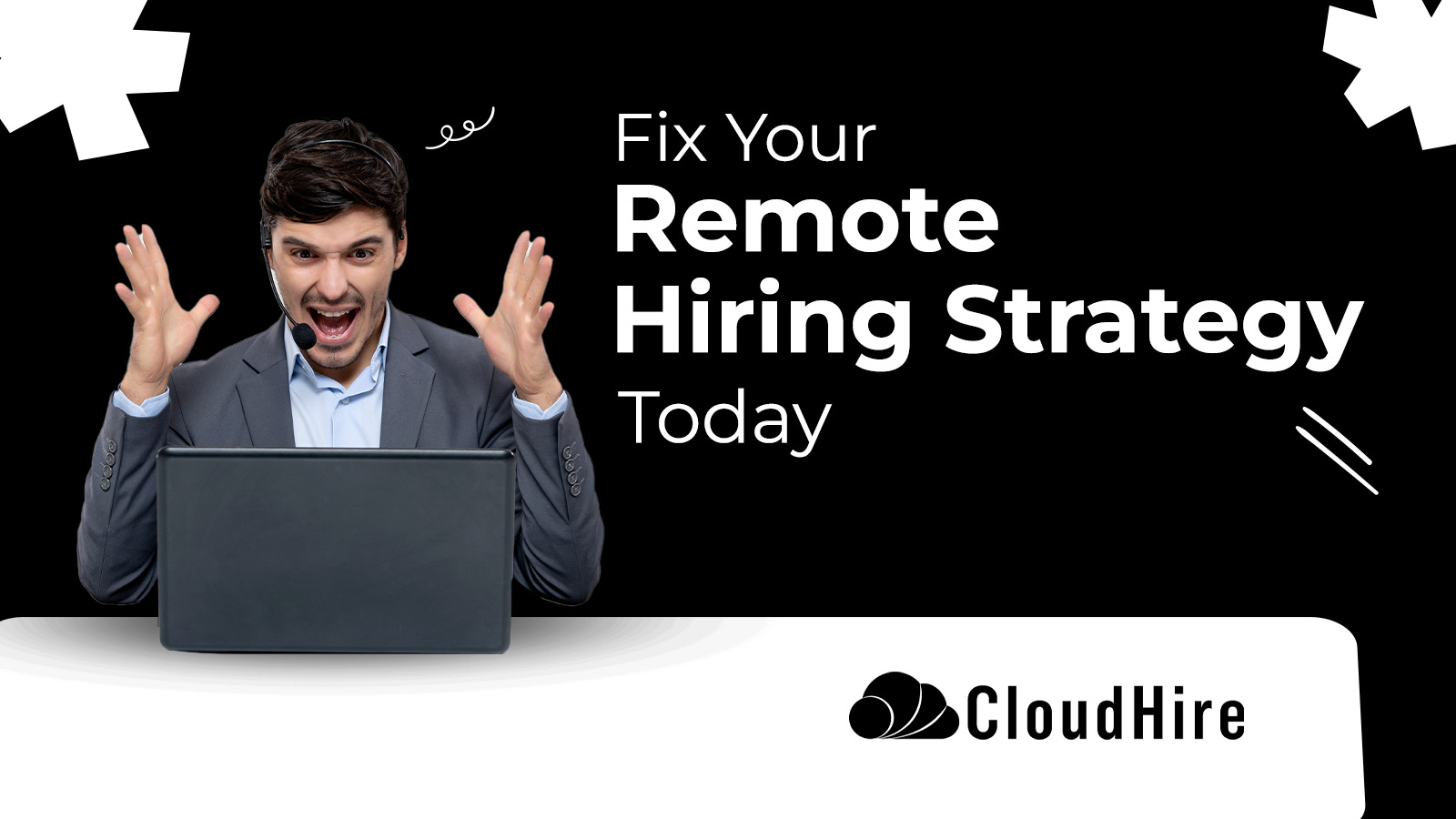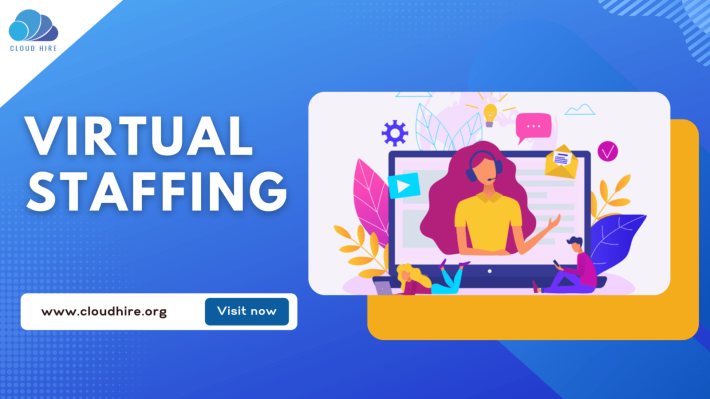The New World of Work is here. But what does that mean for your business? What changes are coming, and what needs to change from an organizational perspective? To help you prepare for the future, we’ve put together a brief analysis of some of the most pressing trends affecting the workplace today.
Workforce Markets:
The workforce market is evolving rapidly. In just the past five years, we’ve seen large-scale disruption in the workforce market due to automation and artificial intelligence. This has created new opportunities for companies and individuals to utilize technology to improve and evolve their businesses.
The rise of digital technologies has also resulted in a shift from traditional, paper-based processes to more digital ones. This is creating new opportunities for companies that can adapt quickly to this change and make the most of it.
The workforce market is changing at a rapid pace, which means companies must adapt or risk being left behind.
The Workplace Will Get More Flexible:
In the last few decades, technology has made it possible for us to get our work done from anywhere. We can work from home or work in a coffee shop, with no geographical boundaries. This means that employees can spend less time commuting and more time on their projects.
This trend is already happening in many countries around the world — but it’s not just about working from home or cafes anymore. A growing number of companies are experimenting with new ways of organizing the office, allowing employees to do things like bringing their laptops into meetings rather than having to travel to an office every day.
Remote Working Will Become More Commonplace:
The trend toward remote working is becoming more common, but it’s still not a norm. However, there are many reasons why you should pursue this option.
- It’s convenient: You don’t have to commute to work or sit in an office all day. You can get anything done from home and still feel like you’re working productively.
- It’s flexible: If you’re trying to find a job that allows you to work remotely, then this is the best option for you.
- It can help with your career: If you’re looking for a new job or career path, then remote working may be just what you need!
Office Spaces Will Shrink:
The way we work is changing. As companies continue to adopt new technologies, the way we work will evolve as well.
For example, the number of employees working from home has been growing exponentially. 63% of all U.S. workers now spend at least some time outside the office each day. And according to a recent survey by CareerBuilder, 42% of U.S.-based small business owners say they have employees who work remotely at least half of the week.
With many employees now spending more time outside the office and on their schedules, employers need to create flexible options for their workers that allow them to be productive and engaged when they’re not in an office environment.
Expect A Hybrid Workforce:
The new world of work is going to be a hybrid one.
The term “hybrid” refers to the blending of human and machine intelligence. It is how we will work in the future, but the question is how?
There are two ways in which we can see this happening:
Human AI — You will have humans and AI working together (and perhaps even merging). Humans will still be needed for tasks that require creativity, empathy, and strategy while AI will handle the repetitive tasks and make sure everything gets done on time.
Machine-AI — You will have machines working together with humans (and perhaps even merging). Machines will be more focused on efficiency than humans, so they can do more with fewer resources.
The World of Work Is Changing Rapidly and Will Continue to Do So:
The number of freelancers is expected to rise by 20% by 2020. The number of independent workers in the U.S. has increased by 14% between 2014 and 2015, according to a report by the Freelancers Union.
In Asia, freelancers are increasingly being considered part-time employees and not as independent contractors. In China alone, there are more than 60 million freelance workers who earn more than $3 billion a year, according to a report by Freelancer.com.
Companies are starting to see the value in hiring freelancers because they can provide services much faster than permanent employees with specialized skills.
Over the next decade, advances in technology will take the workplace by storm. Over the next year, companies should adapt to these changes and start making decisions based on what workers want—whether they’re in Silicon Valley or somewhere in Southeast Asia. That way, they’ll be able to avoid costly employee turnover, show their workers how much they care, and possibly set themselves up for success as we move into a new age of work.









